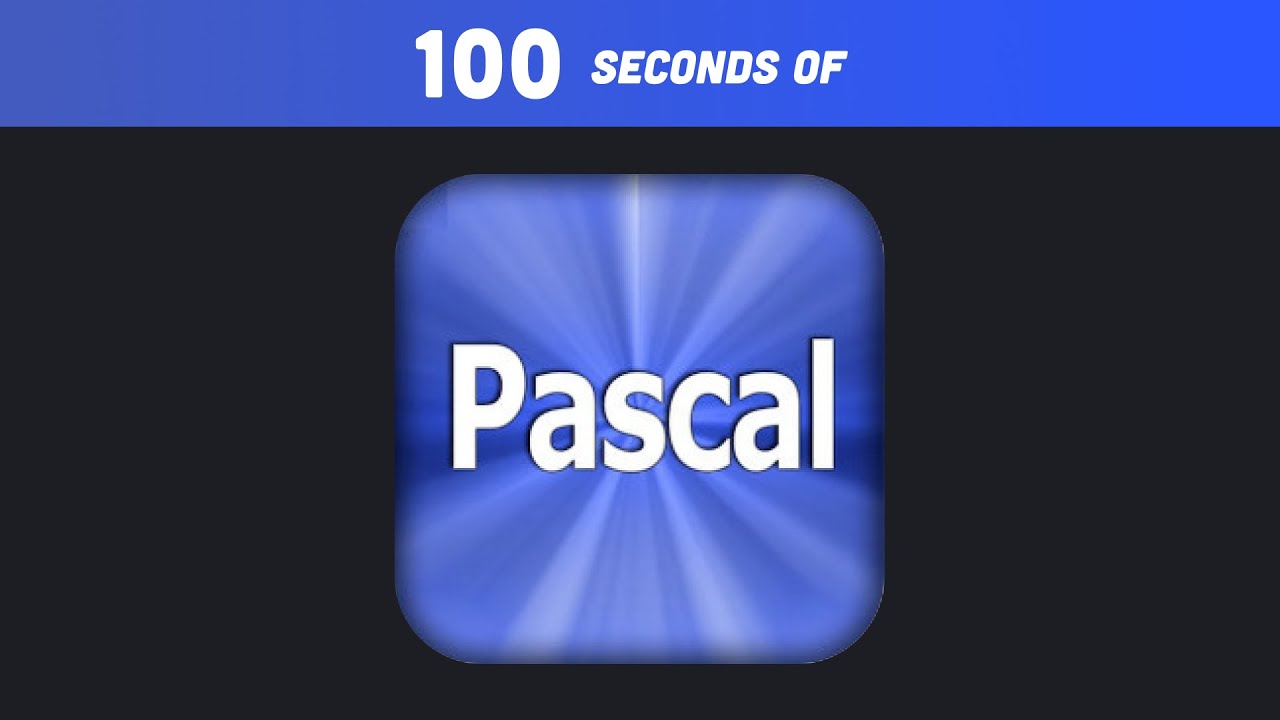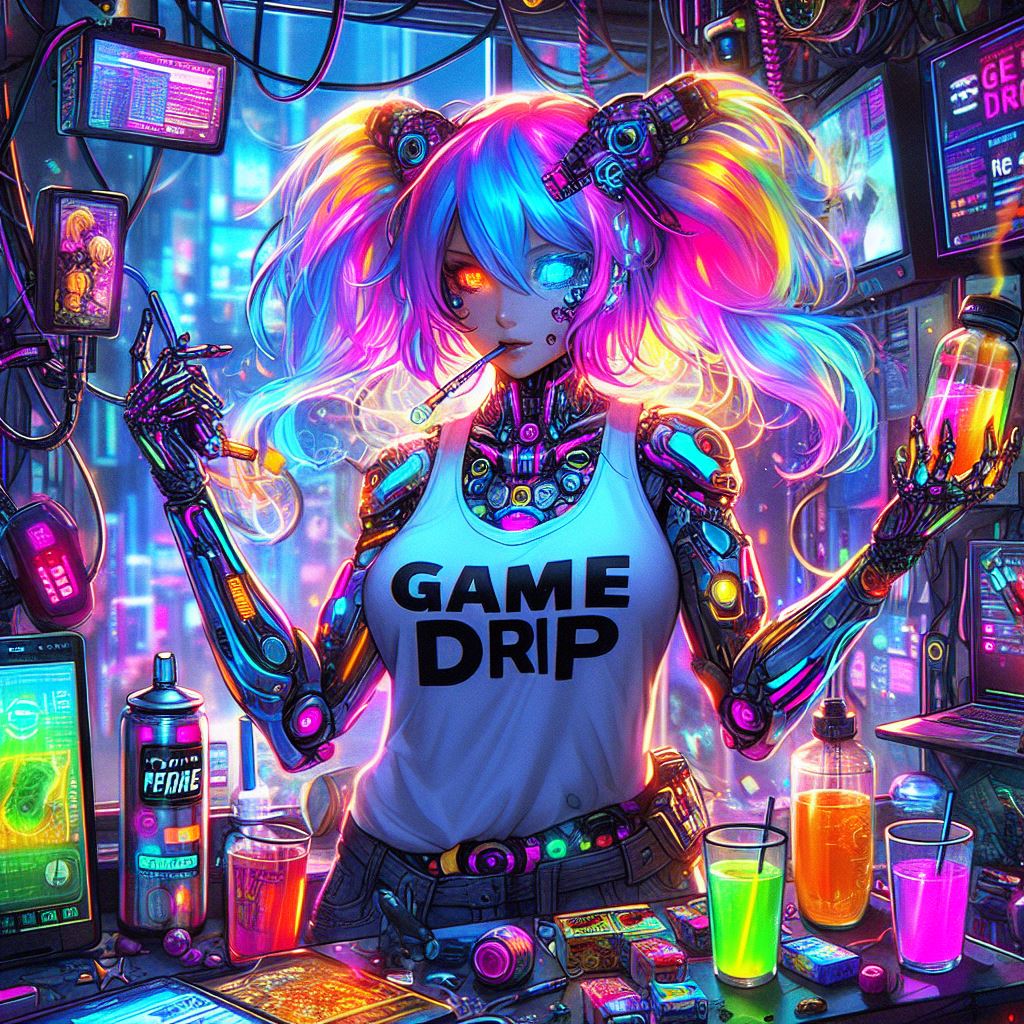The Legacy of Pascal: A Quick Tutorial
Learn the basics of Pascal in this quick tutorial. Discover why Turbo Pascal was one of the world’s most popular programming languages. In memory of Pascal creator Niklaus Wirth, who passed away on Jan 1st, 2024.
History of Pascal
Named after French mathematician Blaise Pascal, the language has a rich history. Created by Niklaus Wirth in the late 1960s, Pascal was based on the ALGOL 60 language but expanded its data structuring abilities, allowing developers to build dynamic recursive data structures like trees and graphs. It gained widespread adoption as the language of choice on Apple computers, including the Apple II, Lisa, and the Macintosh, becoming the default high-level language on nearly every PC.
The Rise of Turbo Pascal
One of the most significant developments in Pascal’s history was the creation of Turbo Pascal, developed by Anders Hejlsberg, one of the first languages to have its own full-screen IDE. This made it a popular choice for education, teaching people how to code, as well as for developing serious desktop applications and games. Notably, it was used to create games like “Crisis Mountain,” “Gravity Wars,” and IBM’s “Alley Cat.”

Getting Started with Pascal
To start coding in Pascal, install a compiler like the Free Pascal Compiler or use a dedicated IDE like Lazarus. The language’s syntax will likely feel familiar to modern developers, making it relatively easy to get started.
Key Features of Pascal
Pascal is a procedural language, meaning instructions are executed in a linear sequence. It includes features like constants for defining immutable global data, variables for defining values that might change, and strongly-typed variables. Developers can also organize their main program into subprograms, such as functions and procedures, which are used to execute code or create side effects. Pascal is also known for its ability to handle complex data structures, such as records and custom types.
Reflecting on Pascal’s Impact
As we look back on the legacy of Pascal, it becomes clear that its influence has extended far beyond the era in which it was most popular. While its popularity may have declined in modern times, languages like Delphi are still in use today, and the influence of Pascal continues to be felt in the world of programming.
Conclusion
This has been “Pascal in 100 Seconds” – a quick tour of the language’s history and features. As we honor the memory of its creator, Niklaus Wirth, we recognize the lasting impact of Pascal on the world of programming. Thank you for joining us on this journey through the story of Pascal and its enduring legacy.















![Season Two: Lowworlds SMP 🌋 [CONTENT CONSUMER] [18+]](https://game-drip.com/wp-content/uploads/2024/04/gamedrip-news-latest-3514.jpg)




